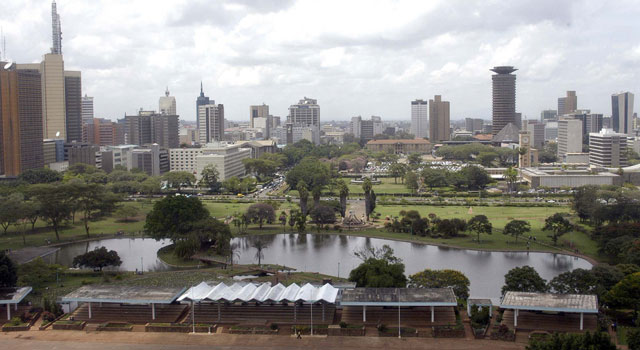
The GSMA Association, which represents most of the world’s mobile operators, has opened a permanent office in Nairobi in Kenya. The office, housed at the city’s iHub, will allow the association to work more closely with its members throughout the continent.
The move shows a growing trend by international technology firms to direct investment towards the fast-growing Kenya instead of South Africa.
“It is an exciting time to launch our new office in Africa as the region is an increasingly vibrant and critical market for the mobile industry, representing over 10% of the global market,” says GSMA director-general Anne Bouverot.
Bouverot says that with the “necessary spectrum allocations” and “transparent regulation”, the mobile industry could also create almost 15m new jobs in the region between 2015 and 2020.
Africa also has some of the highest levels of mobile Internet use worldwide. In Zimbabwe and Nigeria, mobile accounts for over half of all Web traffic compared to the global average of 10%, GSMA research shows.
Given the exponential growth in mobile usage, sub-Saharan Africa faces a “capacity and coverage crunch” in spectrum, it says. “A positive and supportive regulatory environment and sufficient spectrum allocation is crucial to the further growth of mobile in Africa,” says Bouverot.
Nigeria, Kenya to get MSN portals
Kagiso Media will launch local versions of the MSN online portal for Nigeria and Kenya at the beginning of July. Kagiso operates the Howzit MSN in South Africa in partnership with Microsoft.
The companies intend expanding the service to West as well as East Africa. The new portals will offer localised news, entertainment, sports and lifestyle channels as well as property and careers content. Mobile versions of the site will be available for both smartphones and feature phones. The content will be produced by MSN’s African editorial team in Cape Town.
Uganda Sim registration nears end
The Uganda Communications Commission (UCC) says it is nearing the end of compiling and tallying data in the Sim-card registration process that was meant to end in February and now expects to finish the process this month.
Registration began in March 2012, but was marred by technical problems for operators who are obliged to deactivate unregistered Sim cards at the end of the registration process.
When it became clear that operators would fail to meet the February deadline, the UCC allowed for a 180-day extension to avoid an anticipated 9,6m mobile phone users from having their connections cancelled.
The registration process was initiated by the ministry of security, which designated UCC to oversee the implementation.
Among its objectives is to help law enforcement agencies identify mobile phone owners and track criminals who use the phones for illegal activities. Source: Daily Monitor
- Image: Demosh/Flickr




